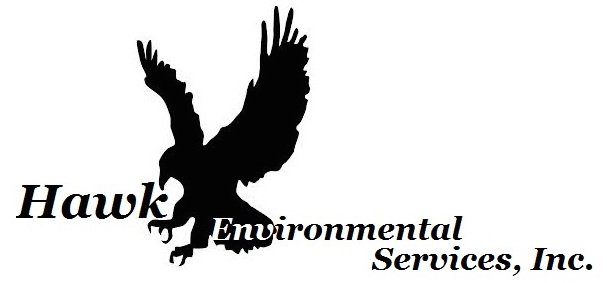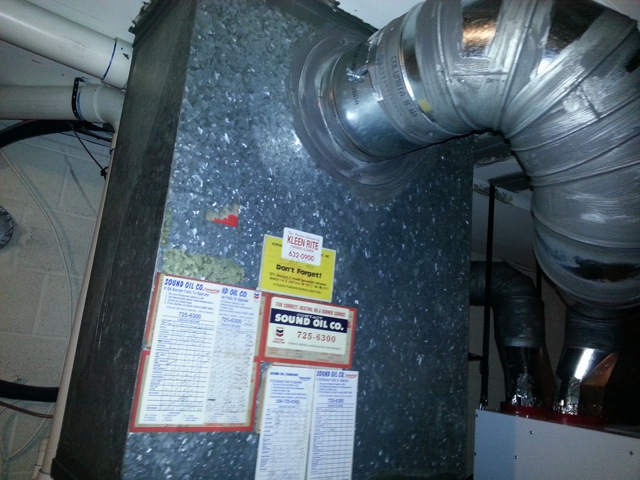We all tend to spend more time indoors during the winter months. It’s as true in Seattle as it is in Buffalo or Phoenix or anywhere else. There’s something appealing about piling on the blankets and sitting in front of a roaring fire. But there’s something we tend to overlook with our increased time indoors – our indoor air quality.
“Go out and get some fresh air” is something we’ve all heard as children. Your mom was right – your home’s air might be bad for you. In older homes and buildings, cracks and unsealed cracks can let outdoor pollutants inside and bring down your home’s air quality. But even newer construction homes can struggle with air quality problems.
The best, most energy-efficient homes keep heated or cooled air from escaping, which is great for your energy bill. But they can seal in irritants like dust, spores, pet dander, and bacteria. Worse yet, they can all originate inside your home.
People with asthma, allergies, or poor immune systems can be affected by a lowered indoor air quality. Luckily, there are ways to prepare your home for the cozy winter months.
First, you should consider getting your air quality tested. At Hawk Environmental Services, we can determine the source of air quality problems either at home or your office. Our experienced air testers can test for mold, chemical exposure, toxic or irritating gases, particulates, organic or biological materials, asbestos, lead, and more.
Second, we can recommend different solutions to correct your air quality issues. One, a heat recovery ventilator (HRV), is designed for buildings that may be getting stagnant air circulation. An HRV can exchange indoor air for fresh air outside without losing the heat you’re paying to generate. Good ventilation is essential in maintaining levels of humidity, CO2, and volatile organic compounds (VOCs).
An HRV can also help you meet Washington State’s ventilation code requirements, which is required when designing a new home or remodeling an old one. Also, if your home is plagued with odor issues, humidity, condensation, or VOCs, an HRV is a great long-term solution.
Don’t wait until late into the winter to ensure the quality of your home’s air. To schedule an air quality assessment with a professional, experienced Hawk Environmental Services expert, contact us today!
Comments are closed.

